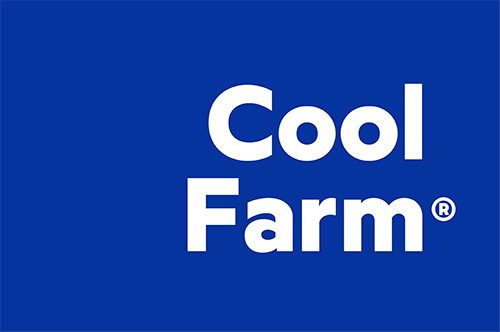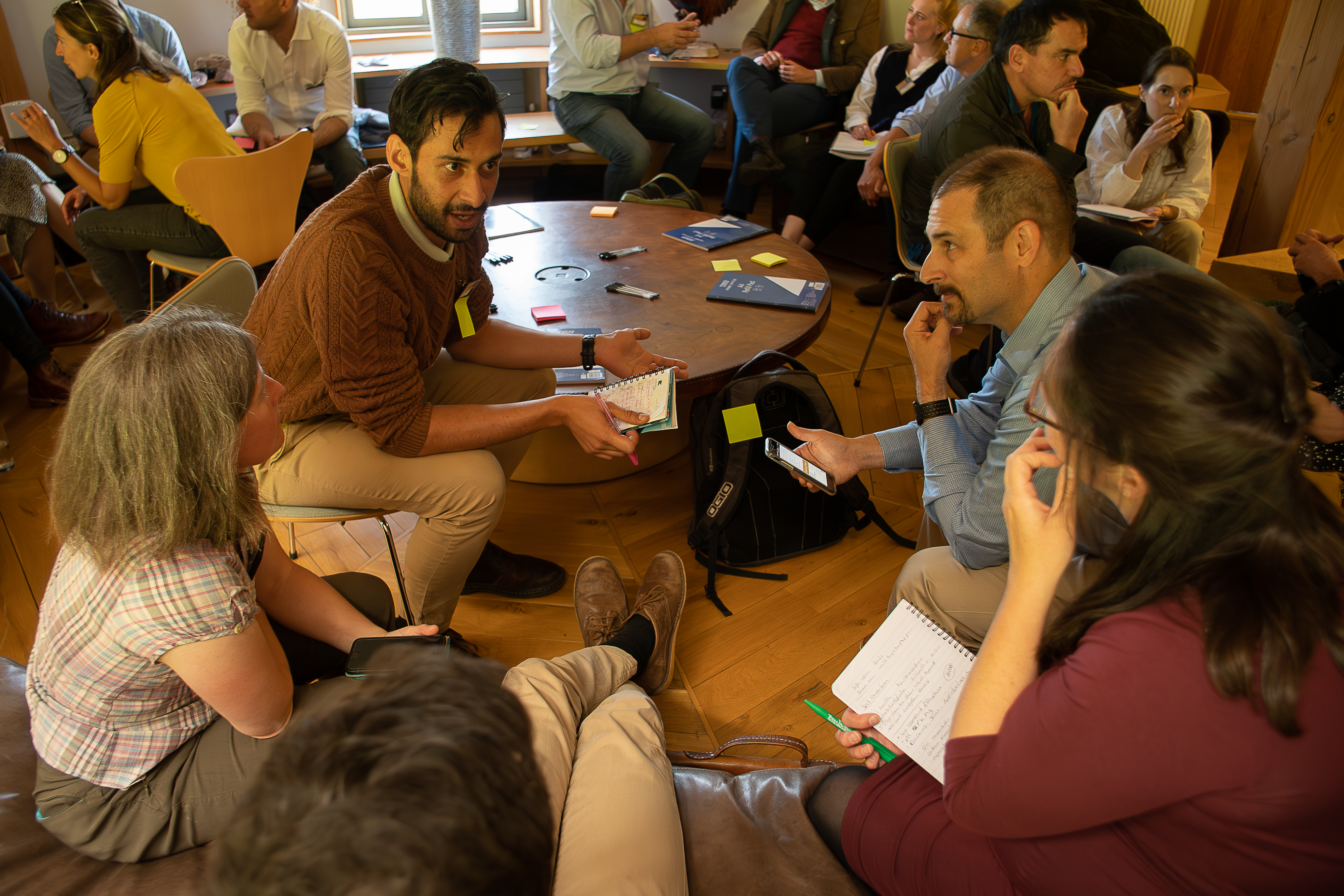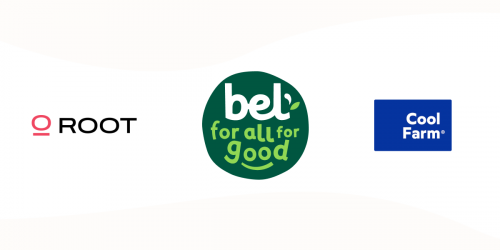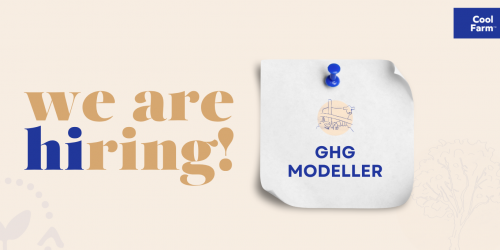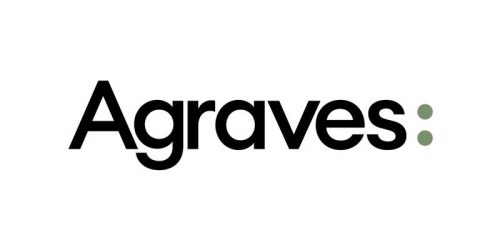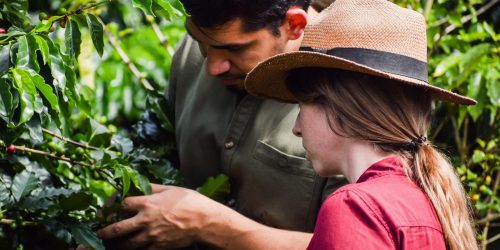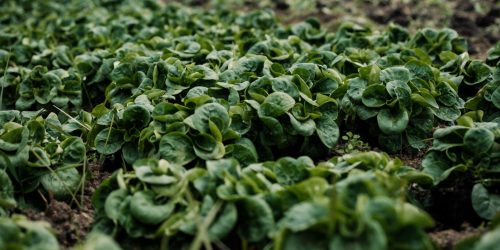As part of World Day for Cultural Diversity for Dialogue and Development earlier this month, we heard from Megan McKerchar, Science Lead at Cool Farm and Vimla Appadoo, CEO at Honey Badger, a company driving positive change and inclusive environments.
Cool Farm is on a journey towards fostering diversity and inclusion, what initial steps have you taken to implement EDI practices within your team?
Megan: To start, at Cool Farm, we’ve made improvements to our recent science-based job applications and advertising processes to try to be more inclusive and equitable. We recognised gaps in our application form and recruitment process, which prompted us to make these changes. We also recognise that we are in a position to address the lack of diversity in STEM roles, and we would like to make a positive impact in this area.
For example, we provide interview questions in advance, we use a form to assess specific qualities rather than relying solely on CVs, we always advertise the salary range, and we remove personal information, such as name, on applications before shortlisting. By doing so, we aim to attract a diverse range of talents who can bring varied perspectives and experiences to our team. Additionally, as part of the process, we continually seek feedback and looks for ways to improve our process, such as integrating CVs as attachments to the form. We believe the feedback loop is important because we know that we don’t always get it right!
Vimla: As a team that’s working in the Agri-tech space, EDI is at the heart of what they do and it’s more important for Cool Farm to be conscious of how they deliver their work and develop their technology, so that it’s as inclusive and as accessible as possible so that it can have the impact it needs to. Honey Badger are also writing the Cool Farm EDI strategy at the moment to cover best policy, best practices and the beginnings of a culture toolbox.
Could you share some specific measures or initiatives Cool Farm has undertaken to promote cultural diversity, and what progress have you observed along this journey?
Vimla: Honey Badger is working with Cool Farm to develop their EDI practices. We delivered workshops with the Cool Farm secretariat and board to better understand their blind spots, how to recognise opportunities to be more inclusive and finally to create open spaces to discuss racial equality.
Megan: The workshops focused on embracing uncertainty and recognising that making mistakes is a natural part of the learning process. These workshops have fostered an environment where everyone feels safe to express their unique identities and viewpoints. We emphasise the importance of being open to learning and taking pride in who we are and who everyone else is, and celebrating our differences, rather than fearing them.
Can you elaborate on any specific programmes or actions Cool Farm has adopted to advance cultural diversity within the organisation, and what outcomes have emerged as a result of these efforts?
Vimla: As a result of the work with Honey Badger, we co-delivered a Climate Justice panel and workshop at the Cool Farm Annual Event. This meant Climate Justice, equality and diversity became a focal point for discussion at the decision-making table amongst Cool Farm members. This meant bringing Climate Justice and the people who are the most at risk of climate change to the centre of conversations about supply change, distribution and the agriculture technology. All too often the burden sits with farmers and by shifting the narrative, we were able to open up the conversation so that they’re not only included but are pivotal to the future of the sector.
Megan: The Climate Justice panel was our first step of hopefully many to recognise the challenge in the food system and the role Cool Farm has.
Looking ahead, what are the aspirations and strategic objectives you foresee for Cool Farm in their continued pursuit of diversity and inclusion, and why do you consider this journey important for the company’s long-term success and impact?
Megan: Diverse voices are crucial to effectively addressing the climate and biodiversity crisis, especially given our global reach. We hope to continue finding inspiration and joy in each other’s differences, leveraging this diversity to drive innovative solutions and make a lasting impact.
Vimla: I think Cool Farm has an opportunity to represent underrepresented voices at the decision-making table. I think Cool Farm should aspire to centre what Climate Justice means to them as an organisation, what it means to their members and fundamentally, what it means to the farmers we’re all reliant on.
I also believe that Cool Farm has a responsibility to look internally at how they support their team’s growth and inclusion. It’s through developing their internal strategy and supporting one another, that they’ll be able to truly deliver value across their user base.
Megan: One area we’re focusing on is organising field visits with our members to learn directly from farmers. For instance, I recently travelled to Colombia, with Solidaridad, to visit Mr. Jaime Tamayo and his family’s farm as part of the international Climate Hero project. This trip opened my eyes to potential circular approaches, wastewater reduction and agroforestry on small-holder coffee farms – but also the investment needed to make these changes. It also highlighted the importance of good guidance and training, and for assessment tools to be able to quantify these improvements – a role Cool Farm does but is continuously improving on.
For companies embarking on their EDI journey, what key advice or foundational steps would you suggest they prioritise to kickstart their efforts effectively?
Vimla: If you’re at the beginning of your EDI journey, the first step is ensuring that your leadership teams are brought into creating cultural change that can support a diverse workforce. That means understanding your own bias and your own privilege and being open about them in the workplace. Having this solid foundation is an incredible way to open the door to a more diverse workforce that can put better products and services out into the world – that can really make a difference.
If you’d like to know more about the Cool Farm journey email comms@coolfarmtool.org.
For more information about Honey Badger click here https://www.honeybadgerclan.com/
